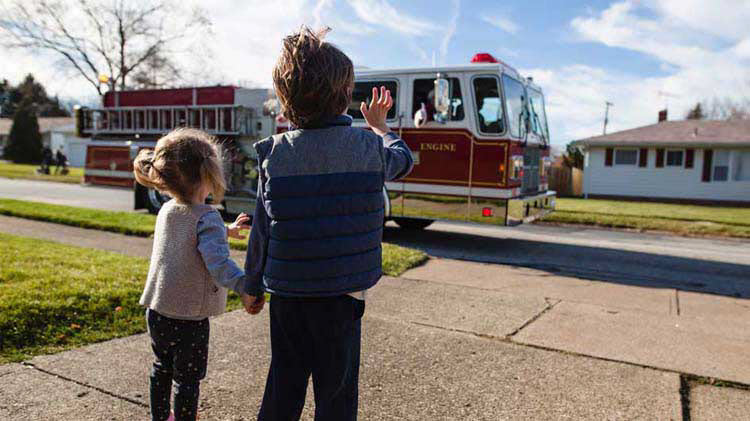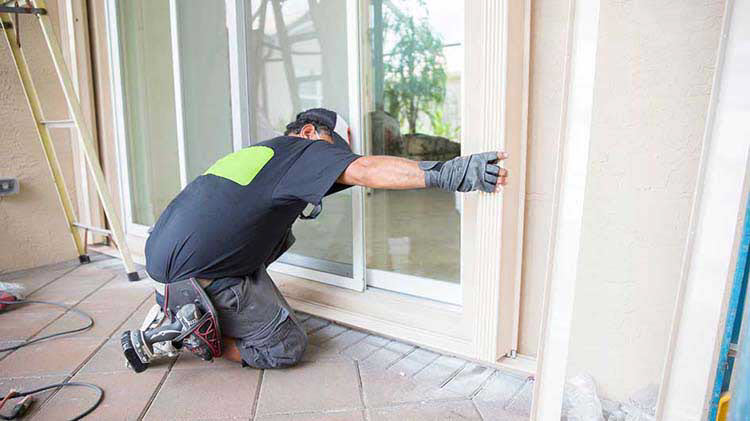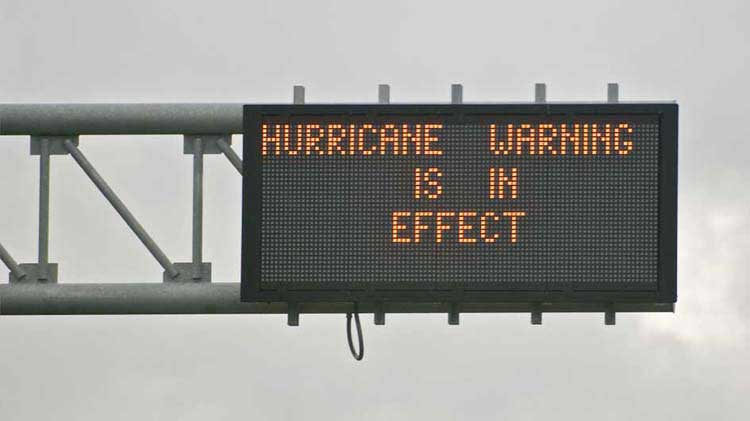Teaching your kids emergency preparedness
Weather emergencies may scare your kids, but helping them understand what to expect can help reduce the stress.
Carefully go over your family emergency plan and teach them how to stay safe and be prepared — whatever the disaster.
Getting your family prepared for a disaster
Consider completing the following with your family now so severe weather doesn't catch you off guard.
- Create an emergency supplies kit. Include a three-day supply of water, nonperishable food, flashlights, blankets and kid-friendly activities in your kit. The Red Cross also provides a listing of emergency supplies to help you prepare.
- Practice your emergency plan. Include two evacuation routes, a safe room and two different meet-up locations — and see that kids can run through it calmly.
- Run through the basics. Kids should know how to call 911, identify themselves, identify their location, reach emergency contacts and get to predetermined safe locations.
- Prepare for a power outage. Discuss what to do during a power outage, such as electrical and food safety.
Teach your kids about the various severe weather conditions
Review the different natural disasters and how to react in each.
- Tornado: If you are in the path of a tornado, go into a tornado safe place. This is typically the lowest level of the building. Try to stay away from windows, doors and outside walls. If you are outside with no nearby shelter, lie down in a low-lying area and protect your head.
- Severe thunderstorm: If you have advanced notice that a severe storm is heading your way, there are ways to be more prepared. If a storm is sudden, go indoors if you see lightning or hear thunder. Don't use items that plug into electrical outlets and avoid using running water, as faucets can conduct electricity.
- Earthquake: Practice the "Drop, Cover and Hold On" method, and learn to recognize safe places in each room at home and at school.
- Hurricane: When you know a hurricane is expected, prepare your home for the possibility of impact. During the storm, stay away from glass windows and doors, and be ready to follow hurricane evacuation instructions from emergency officials if necessary.
- Flooding: Don't go into flooded areas. Just six inches of moving water can knock you off your feet, and standing floodwater could be contaminated or contain sharp objects.
Talk about what to do after the emergency
Teaching kids about emergencies includes knowing how to react after the disaster or situation.
- Expressing emotions: Children need to know it is okay to ask questions or talk about what has happened for them to further understand it. Be aware of how you react, as chances are your children will react similarly.
- Stick to a routine: Sticking to a routine such as bedtimes, activities, chores and family time can help keep life stable and familiar for you and your children.
- Adapting to change: Depending on the emergency or disaster, sticking to a routine may not be as easy. By explaining what is happening and keeping your children updated, this may allow them to better adjust and be prepared for any upcoming change.
Spending time on emergency preparedness for kids may help them feel more ready and safer when severe weather is expected. Check out our collection of articles that include other tips for keeping children safe.




